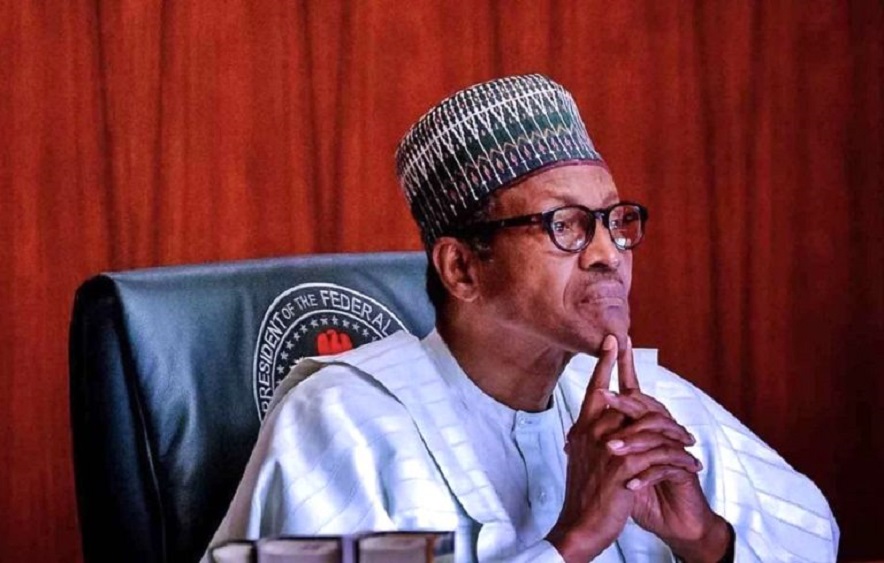Not more than a year ago, the Federal Government set up a committee to review the Orosanye Report. In case you forgot, the Orosanye Report was the outcome of the moves by the previous administration in a bid to reduce the cost of governance by looking into the various government agencies and parastatals to decide which ones were no longer necessary, the ones to be merged and the ones who should be allowed to continue functioning.
It however seems that some members of the Parliament didn’t get the memo on that. Honourable Umar Buba Jibril recently introduced a bill to ‘encourage’ non-governmental organizations in Nigeria and also promote accountability and transparency in these not-for-profit agencies all over the country.
A mere perusal of the bill without any serious deep analysis would give an insight as to outrage exhibited by major stakeholders. Not only does the bill beg for standard human reasoning, it contravenes the spirit of the law and creates a duplicity of functions.
Here are some of the focal points in the legislation that raises concerns
- Objectives and Functions: The bill seeks to create a commission that would be responsible for the ‘regulation’ of NGOs to enable and encourage them in manners that weren’t specified. Also the bill seeks to promote accountability and transparency. One begins to wonder if the propounders of this bill did not understand the ‘non-governmental’ that was inserted just before the organization. NGOs are purely voluntary and as such the government should not interfere. If a group of people can come to together to pull their resources to pick up the shortcomings of the government, the government should be ashamed enough not to interfere. There would be no need for NGOs if the government was firing on all cylinders and living up to it’s economic and social expectations.
- Registration: Perhaps this is the funniest part of the joke. Taking a cue from the Companies and Allied Matters Act, registration for NGOs is purely voluntary and the whole idea of registration is to only confer it with a legal personality. If Hannatu and her friends decide to feed 500 children in Ibadan, they’re doing it out of the kindness of their hearts and there is no reason to subject such activity to a long line of bureaucratic stress. On the argument that government has the power to regulate the activities of it’s citizens, the argument carries no water as there is already a constitutional and inherent power of the government to regulate the affairs of it’s citizens with a caveat being ‘protection of public policy’. The idea to create another body to reinforce this is not only wasteful but also unintelligent. The bill stipulates that NGOs are supposed to submit their budgets, stipulated duration for projects and sources of funding. Basically, you will need the permission of government to raise and spend money. It’s no news that a lot of NGO donors prefer to remain anonymous. Although this reason is debatable, imagine what will become the attitude of donors when government begins to have first hand information of their personal financial details not to talk more of international donor-agencies. The registration criteria also create a collision course with the Companies and Allied Matters Act under which NGOs are usually registered. The question becomes will registration under the proposed law override the provisions of CAMA or would it preclude registration under CAMA. Perhaps the depth of the joke is that registration can be refused and even when approved, it is subject to renewal every two years.
- Projects carried out by NGOs: Nobody has the moral or social right to tell another person what to do with their money or time as long as it’s not against public policy. It is therefore very strange that a commission is to be ‘established’ to ‘approve’ the proposed budget and supervise projects of NGOs in Nigeria. A group of people who have common interests cannot come together to raise funds to pick up the slacks of government and yet the government will want to tell them what to do with their money and how to use the money to achieve their goals. The yardstick that the bill seeks to measure projects with is the promotion of national interest. This begs the question, what and how do we quantify national interest? So in a situation where there is a serious humanitarian crisis and a NGO decides to pitch in and help especially in a situation where the government is slacking, would that be the promotion of a national interest or an embarrassment to the government? Looking at the current situation in Kogi State where the governor is owing salaries, if an NGO decides to pick up that responsibility, it would obviously be an embarrassment to the government of Kogi but a relief to the people. Putting in mind the arbitrary nature of government officials in Nigeria, would a government approve such a project?
- Self Regulation: It is quite amazing that there would be a law to tell people how to spend their money and what type of project to carry out and then the same law comes to mandate NGOs to form an association and create a code of conduct to govern themselves. That is very ironic. First of all, forming an association is as of right which is purely voluntary and no law can make that right compulsory or take it away. Also, there are already existing codes of conduct for NGOs with the most notable one being the one released by the Financial Reporting Council of Nigeria in 2016.
Should this bill be enacted and passed into law, it would create more problems than it can solve. Not only will there be a lot of cases in court to determine its legality, there would be more burden on the courts to determine the scope of powers conferred on the Commission created in line with other pre-existing laws that have already covered the field as to what the bill seeks to achieve.


















